BY BECKY SWANBERG, AUTHOR AND EMOON TEAM MEMBER
If you were preparing to host a dinner, maybe you’d research recipes, carefully curate the menu, and then make a detailed shopping list. You’d head to the store with the list in hand and buy exactly what was needed. Then, with all these specific ingredients, you’d come home, follow directions, measure carefully, and execute. Nicely done!
Or perhaps you prefer to go the store and see what strikes your fancy. I mean, you have a leaning towards beef, but if you get to the meat section and the pork tenderloin is calling your name- you go with it. Toss in some veggies, a carb or two, and a surprising dessert. Then you head home, excited for the mystery of how this will all turn out.
Whether you cook more with your head or your heart, there’s an ease to it that makes sense with who you are and how you’re wired. The same goes for writing your novel.
I first stumbled across the idea of the two writing personalities while watching a writing class on YouTube. The professor was talking about a writer’s natural bent toward the craft, referring to the two ends of the spectrum as gardeners and architects (often called pantsers and plotters).
Like most of my experiences with personality types, I found myself surprised how well a simple descriptor could make me aware of things I could only vaguely sense about myself. I was in the midst of writing my first novel, and my husband kept asking me questions about the villain and the ending and the fate of the characters.
“I don’t know!” I would answer, frustrated that he was trying to pin me down.
“Of course, you know,” my husband would reply. “You have to know. You’re the author!”
But what I couldn’t quite explain was this subtle feeling that though I was typing the words of this novel, I wasn’t really steering the ship. The story felt to me like it wanted to tell itself. I breathed a sigh of relief when I realized that this was a common feeling among writers. I wasn’t a psycho; I was a gardener.
Like all personality types, there certainly is room for people to have a bit of both or fall right in the middle, but as I read about the craft and talk to other writers, most people have a strong sense of being one or the other.
Architect vs. Gardener
Writers who see themselves as “architects” tend to write best with a plan. They outline. They timeline. They pre-write with gusto. These writers find that the outline frees them, the work done ahead makes the words come more clearly, and the work done long before they start chapter 1 helps them write most efficiently. Self-proclaimed architects include J.K Rowling, Brandon Sanderson, and John Grisham.
In contrast, “gardeners” are writers who see the process as more of a winding road than a step-by-step process. These writers are more likely to start with an idea, water it (add words and chapters), and then watch it grow. Gardeners do not generally plan a story as much as they discover the story along the way. This doesn’t mean that gardeners don’t think about it ahead of time or do some character development before starting chapter 1--they may. However, the storyline itself is generally more fluid and open to possibility. Famous gardeners include Stephen King, Margaret Atwood, and George R.R. Martin.
And what does this have to do with NaNoWriMo?
As you set out to tackle a novel, understanding your writing temperament can help you prepare and execute more effectively.
If you’re an architect, you’ll want to spend some time considering your characters, the major scenes, and overall plot progression of your book. You might find it helpful to make some decisions right away: genre, setting, main characters, central conflict, and the point of view that will serve your story best. How will the story open? What do your characters want? What challenges will they face? How will those challenges be resolved?
Gardeners are more inclined to think about the feel and growth of their story. Are you drawn to a certain voice or setting? Why? What could you add to those elements to create more pieces of this story? Write a short descriptive paragraph about your main character waking up for the day. Did you write in first or third person? Did it help establish voice? Most gardeners who write efficiently say they will try to nail down a general story outline- not a road map but at least a destination for their story. A list of scenes or possible challenges for your main character may help you focus when you come to a wall, when that story seems like it stops growing for awhile.
With National Novel Writing Month just two weeks away, the time for prepping those novels is right now. Hopefully, these tips will help you prepare in a way that is helpful as you sit down each day and tackle that wordcount goal.
Wait- what if you don’t know if you’re a gardener or an architect? I don’t know any magic secrets to figuring that out, but here’s a surefire way: try to write a novel, and I think you will quickly know.
Up for the challenge? Two weeks and counting until NaNoWriMo kicks off. This could be the year of discovering not only your novel ambitions but also what kind of writer you are.



